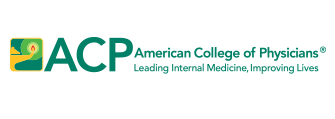PROBIOTICS AND PREBIOTICS
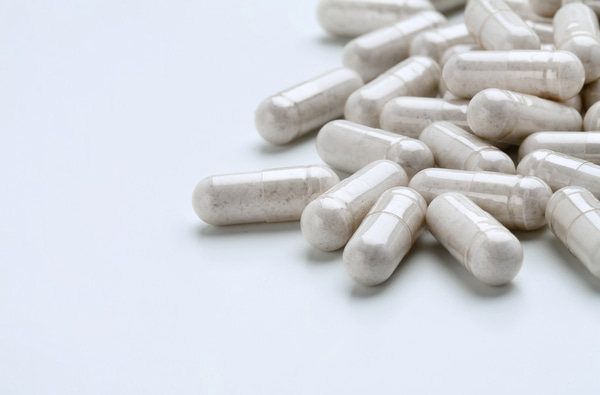
Probiotics, prebiotics, symbiotics… there is a wealth of information about the world of ‘biotics’! But what exactly are they and what is their role in promoting good gut health? With so much information and claims of good sources of probiotics and prebiotics, it can be overwhelming understanding how to take them and whether you even should take them in the first place.
Gut Dr explains the differences between probiotics and prebiotics, their importance for your gut health and how they play a role in strengthening your gut for a healthier and happier tomorrow.
What are probiotics?
Probiotics are live bacteria. When you take the right amount of probiotics, they can provide a health benefit. Probiotics can support your body’s systems and can help control harmful microorganisms like germs. At the right levels, probiotics can aid digestion and improve nutrient absorption.
Probiotics come in many different forms. The most common type is a tablet or capsule. Probiotics can be added to yoghurt, fermented milk and even cheese.
The benefits of probiotics in your gut go beyond just healthy bowel movements. There are numerous studies that have demonstrated that your gut health impacts your mood and mental health. Your gut health is also linked to autoimmune diseases, skin conditions… and even cancer.
With such a complex link to your entire body, a healthy gut is key to enjoying health and happiness from the inside out. And probiotics help ensure that your gut is strong and healthy.
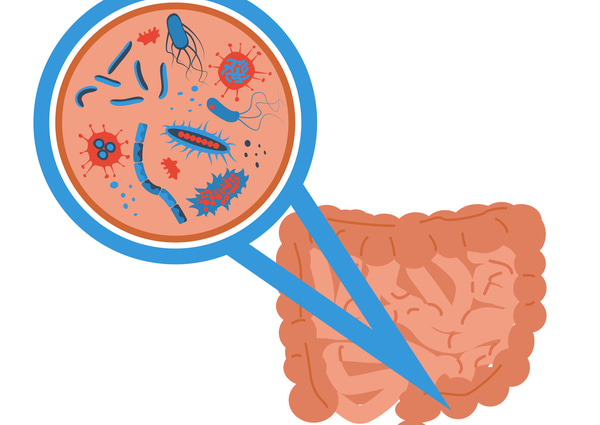
The importance of bacteria for your gut
Contrary to the popular belief, bacteria are not entirely bad. In fact, your gut contains hundreds of different types of microorganisms!
The complex community of microorganisms that sit in your gut is called ‘gut microbiota’. Gut microbiota are mostly found in your colon or large intestine.
Your gut microbiota plays an important role in your gut health. It acts like a machine, manufacturing vitamins and turning fibres into fats that feed your gut wall.
This can help prevent unwanted substances from entering your body and provoking an immune response.
However, not all organisms in your gut are friendly.
Your gut microbiota is highly sensitive to your diet, and studies show that an unbalanced gut microbiota is linked to numerous diseases.
This is when probiotics come into play. Probiotics help correct the balance of your gut microbiota and ensure that your gut is functioning optimally and healthily.
If you’re currently experiencing gut problems that you can’t seem to improve, a probiotic supplement may be something to consider — though you should always consult with your doctor first before taking any supplements or medications.
How long should I take probiotics?
This is a question that is not easy to answer. As there are many different reasons for taking a probiotic, it ultimately depends on the clinical reason. For example, if you are taking probiotics to treat antibiotic associated diarrhoea, then you should only take them for the duration of symptoms and a couple of days afterwards.
But if you’re taking probiotics for a chronic condition such as irritable bowel syndrome (IBS), you can use probiotics for a longer timeframe.
The effects of probiotics on your gut may also be temporary and can disappear when you stop taking probiotics. Ultimately, it is advised to discuss with your doctor about your specific clinical or gut situation before taking any probiotics.
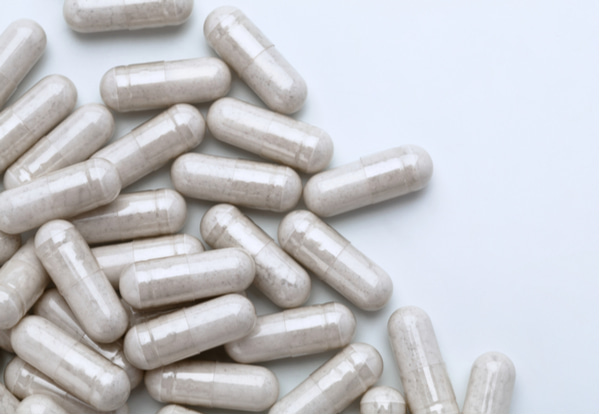
Which probiotic should I use?
There is an endless range of probiotics available. It can be daunting trying to figure out which is the best option. And that’s because probiotics have different uses for different cases.
Every individual is unique, and that means everyone’s gut health is different.
Because there are differences between strains of bacteria, there can be variances in the duration and dosages of probiotics.
Our advice is to always consult with your doctor on your specific clinical situation to help you decide what type of probiotics you should take. Following medical advice from doctors can help you figure out which probiotics can be of most benefit to your gut health situation.
It’s also important to remember that probiotics are not the ‘be all, end all’ solution. Probiotics act as complementary bacteria to standard medical care. Like vitamins, probiotics are supplements and should not entirely replace a healthy and balanced diet.
To achieve the best results for your gut health, it’s a good idea to prioritise a healthy diet rich in dietary fibre.
To learn more about dietary fibre, read our Healthy Gut information.
How can I implement probiotics for my gut health?
To start getting the benefits of probiotics, you can do this naturally through food sources. Many traditional foods naturally contain probiotics. These foods include:
- kimchi
- Greek yogurt
- Kombucha.
Ease into increasing your probiotic intake slowly, and pay attention to any side effects — both positive and negative.
Since there are many different strains of probiotics, note how each of them affects you differently. A food and supplement journal would be very helpful for this introductory period.
What you can do as a parent
- Probiotics should be used by pregnant women at high risk of allergies in their children, with the most benefit gained if they start taking probiotics at 35 weeks’ gestation.
- Breastfeeding mothers with a baby at high risk of developing allergies should consider taking a daily probiotic until they finish breastfeeding or their baby is six months old, whichever happens first.
- Infants at high risk of developing an allergy should also be given probiotics, and this can be continued safely until two years of age (the end of the first 1000 days of life).
- Advice regarding probiotic choice should be based on the appropriate research data for the particular condition. Dietitians and medical professionals can help provide relevant advice.
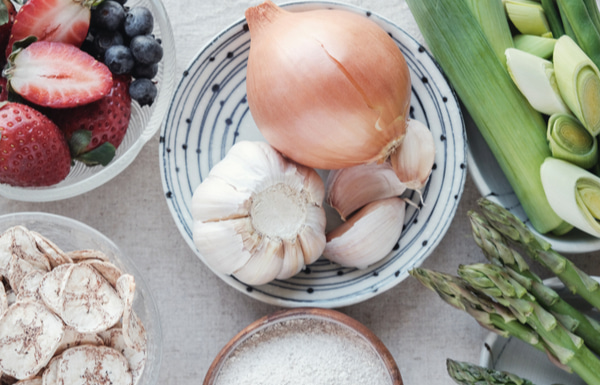
So, what are prebiotics? What is the difference between probiotics and prebiotics?
If probiotics are the good live bacteria that you’re trying to grow in your gut, prebiotics are compounds in food that act as a kind of ‘fertiliser’ for the good gut bacteria.
Prebiotics don’t actually contain bacteria. Instead, they act as the fuel to help bacteria grow in your gut. All prebiotics are also a type of dietary fibre.
So foods that are rich in fibre such as bananas and asparagus are prebiotics that can be used as food for gut bacteria. Onions, garlic, artichokes, and legumes are also prebiotic sources.
What you can do as a parent
- It’s worthwhile to give prebiotic supplements to non-exclusively breastfed infants.
- If your baby is on infant formula, check whether the formula contains prebiotics.
- If your baby is older than six months, they should be receiving their prebiotics mainly through dietary fibre.
- Prebiotic supplements offer no benefit to exclusively breastfed infants.
Are you ready to strengthen your gut health?
At Gut Dr, we want to help you get to the bottom of your gut health issues, as well as help you learn more about your gut.
Leading gastroenterologist Dr Vincent Ho takes a deep dive into the exploding medical field of gut health and highlights small steps that go a long way in fortifying your tummy health. With decades of experience and research, Gut Dr can help you enjoy a happier and healthier gut.
For more information on prebiotics, probiotics and gut health, subscribe to our newsletter. Or check out Dr Vincent Ho’s latest book ‘The Healthy Baby Gut Guide‘ for practical and easy-to-follow advice for parents on looking after your baby’s gut health.
Have a suggestion?
Get in touch to submit a question for a feature article.


